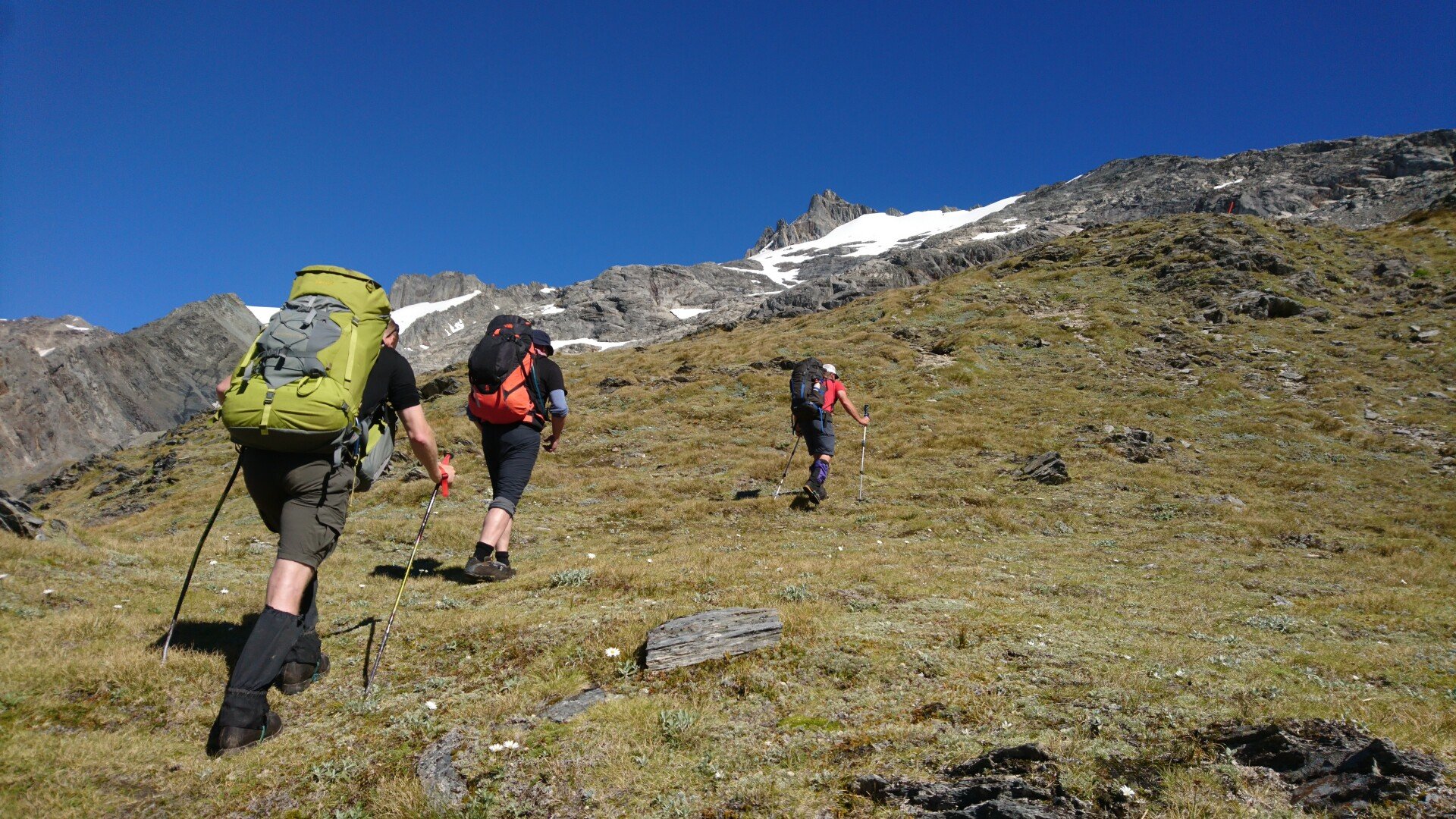
A GPS unit gives you essential information about where you are, where you have been and ultimately where you want to go!
GPS technology is in so many devices now, it begs the question whether you should bother getting a stand-alone GPS unit. There are some very clear advantages for having a dedicated GPS unit rather than rely on the likes of a phone app. An outdoor GPS unit is water resistant and if you are only using it for navigation rather than taking photos and videos the battery life is not compromised.

What to look for when buying a GPS unit
There are many factors which can help you decide which GPS system is best for you. From price, features and screen size to portability. If you just need to confirm your position in an emergency or to back up your paper map and compass, you probably only need one of the more modest GPS devices. If you want something that could partially replace a paper map, you should look for a device that shows maps on-screen and with a practical screen size, with maps covering the right area in the best scale.
Here are some other things to consider when choosing a handheld GPS:
- GPS position: Some GPS devices only report latitude and longitude. However, others also report an grid reference, altitude and distance.
- On screen mapping: If you want a GPS device that shows a map, make sure it’s accessible in the right scale.
- Memory and battery life: Bigger screens and more features use more power. This could either add weight to the device or shorten battery life. Check the battery life meets your needs. Standard replaceable batteries are a big advantage as they are generally easier and cheaper to buy. Maps can also take up a lot of storage space. Some devices use external memory cards, while others only include an internal memory. However, you can find others which combine the two.
- Durability: Most GPS units can cope reasonably well with rain. Others though, can handle getting completely wet. A sturdy case can give it extra protection in case you drop it, while also making it easier to hold.
- Buttons versus touch screen: Many devices have touch screens, making it much easier and more natural to use. However, the downside is that they can be considerably harder to use if you have cold hands or are wearing thick gloves.
- Magnetic compass: You’ll find that a number of GPS units include a magnetic compass. This allows you to easily check the direction you are facing. Without it, you’ll need to move a brief distance so your device can compute which direction you are moving in.
Your handheld GPS signal will work anywhere, on mountains, in heavy storms to even the most isolated paths. Your handheld GPS will give you all the information you need to get back on track. Take a handheld GPS with you on your next trip and see for yourself the difference it can make to your experience.

Here are just a few of the best around:
- eTrex by Garmin
- Rino 750 by Garmin
- DeLorme InReach SE
- Back Track G2 by Bushnell
- Foretrex 401 by Garmin
Find out more about handheld GPS devices on the market in this useful guide.













